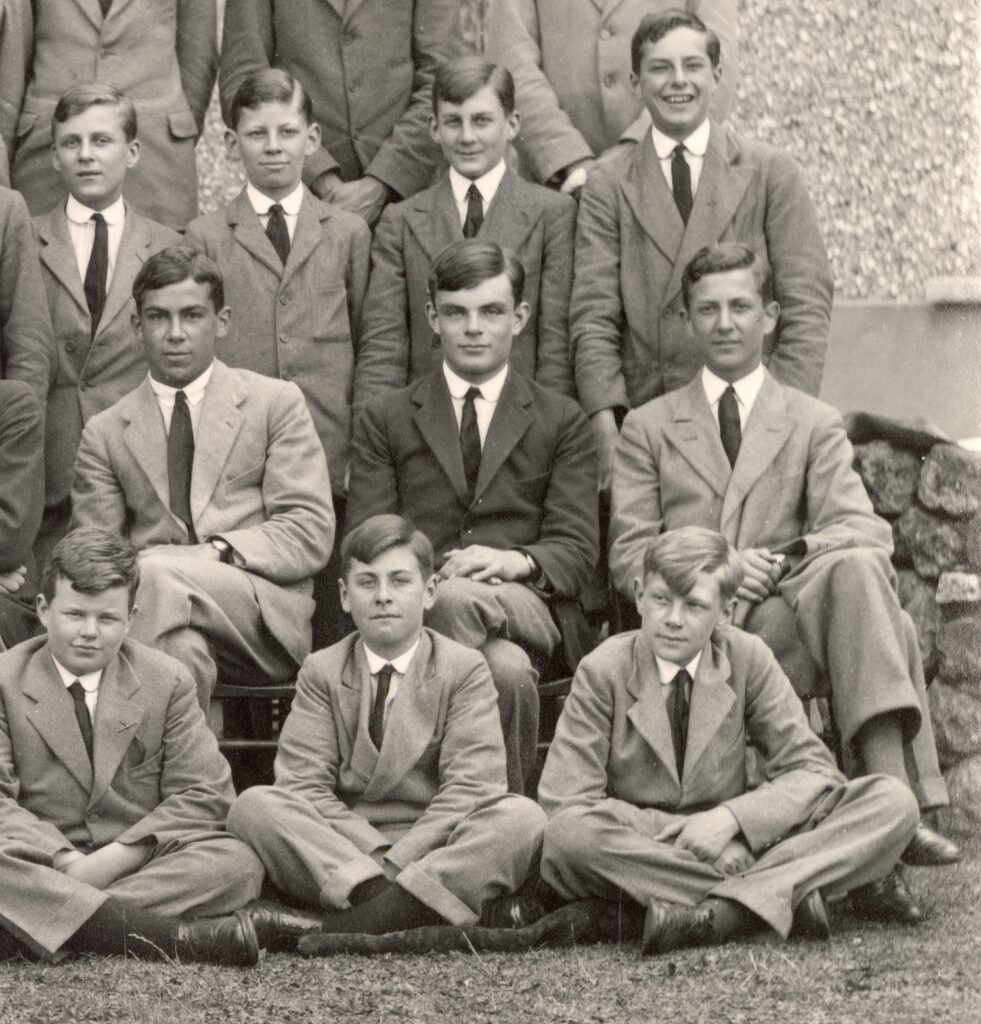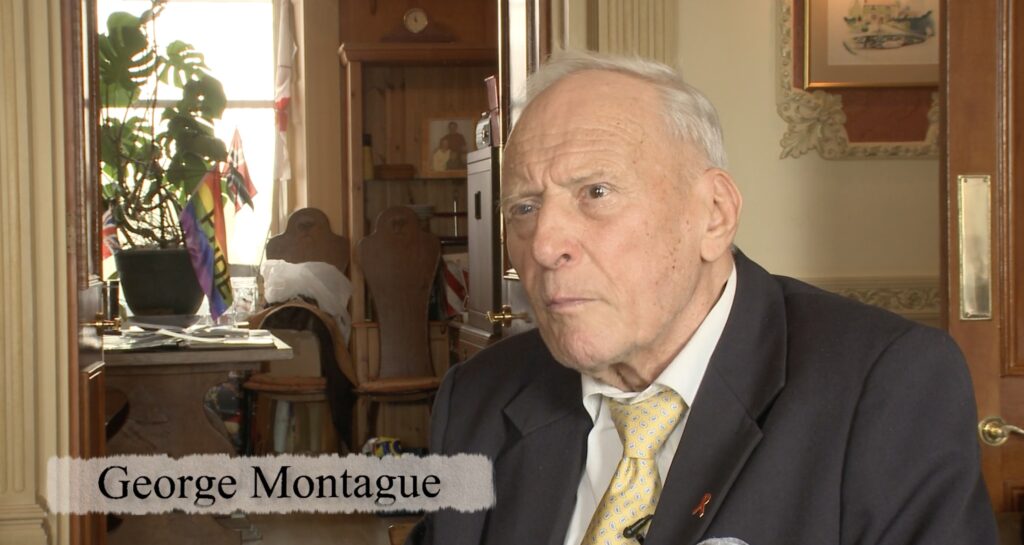Forgetting the Many: The Royal Pardon of Alan Turing Premieres at Chelsea Film Festival
The critically acclaimed documentary Forgetting the Many: The Royal Pardon of Alan Turing premieres this Sunday, October 20 at 11am at the Chelsea Film Festival.
Directed by award-winning filmmaker Rosemarie Reed and narrated by acclaimed actor Ben Whishaw, the powerful film examines the posthumous pardon of World War II hero and codebreaker, Alan Turing, and delves into the stories of other men like Turing, who were convicted under the 1885 British law that criminalized male homosexual acts as “gross indecency,” as well as other offences. Through in-depth interviews, archival footage, and personal stories, Forgetting the Many highlights their struggle for justice, showing how these men lost their jobs, their families, and their dignity—all because of a law that criminalized love.
“Although none of men in the film are prominent figures like Turing, their plights are just as powerful and deserve to be on equal footing as Turing’s story,” Rosemarie Reed contends. The documentary explores the political activism and legal efforts that eventually brought about the reforms allowing many of the men to seek pardons. However, Reed points out that “full justice still remains elusive for some as they continue the fight to expunge their records after the law’s repeal.”
The Sexual Offenses Act of 1967 was the first to grant the partial decriminalization of homosexual acts between consenting adults in England and Wales. However, it wasn’t until 2003 that full decriminalization was enacted and all the long-standing anti-gay laws were finally repealed. Even then, those convicted carried the stigma of a criminal record, which often adversely impacted their job prospects.

In 2009, the then-Prime Minister Gordon Brown issued a formal apology for Alan Turing’s 1952 conviction for same-sex acts. Then, in 2013, Queen Elizabeth II posthumously pardoned him. This royal pardon extended only to Turing. It left thousands of other men convicted under the same and similar laws without a pardon.
In 2017, the Policing and Crime Act, amended by what became known as “Turing’s Law,” provided automatic posthumous pardons for deceased men who had been convicted of homosexual behaviour that was no longer a crime. It was a long-overdue step toward justice. However, the surviving, still-living men who had been penalised by the law were left in a legal limbo, still carrying the adversity of their convictions. They had to first apply to have their convictions disregarded (removed from police records) in order to receive a pardon. Moreover, this disregard scheme and pardon law did not cover all previous homosexual offenses. It was not until 2022, with the passage of the Police, Crime, Sentencing and Courts Bill, that the range of past same-sex offenses eligible for a disregard and pardon was broadened to cover all homosexual acts that are no longer considered crimes.

Despite these advances, the process is far from complete. Some men remain ineligible for pardons because their offenses—such as engaging in consenting sex in parks and public rest rooms, and having mutually consensual homosexual relations with minors when they, too, were also minors—are still considered crimes and they cannot secure a pardon.
With films on subjects ranging from the scientific contributions of women like Irène Joliot-Curie to world leaders like Mikhail Gorbachev, Rosemarie Reed has built a career on highlighting overlooked stories. She’s particularly interested in documentaries that delve deep into historical injustices.
She was inspired to create Forgetting the Many: The Royal Pardon of Alan Turing when she realized that Turing’s 2013 posthumous pardon had “forgotten” thousands of other men convicted under the same and similar homophobic laws. Reed saw this as an ongoing injustice, and her film became a way to ensure that some of their stories were heard.

The USA premiere of Forgetting the Many at the Chelsea Film Festival is a timely reminder of the struggles that LGBTQ+ individuals have faced in the fight for equality. Reed’s film shines a spotlight on the continuing fight for justice, both in the UK and around the world, where similar laws and their legacies still impact lives today. While the legal battle for pardons continues, the film calls attention to the need for societal change and greater recognition of the harms done to these men.
Forgetting the Many: The Royal Pardon of Alan Turing will make its USA premiere this Sunday, October 20 at the Regal on 14th St, part of the Chelsea Film Festival. For tickets, visit https://chelseafilm.org/forgetting-the-many-the-royal-pardon-of-alan-turing/

